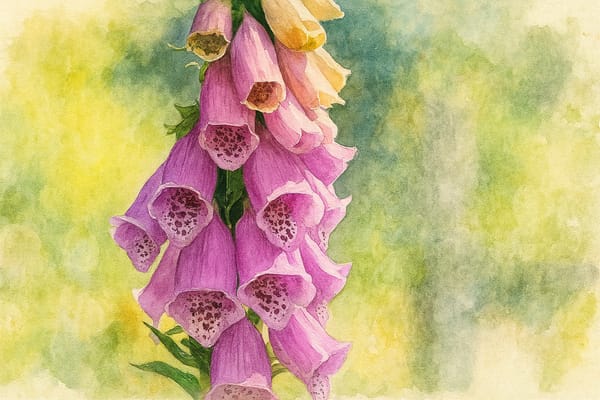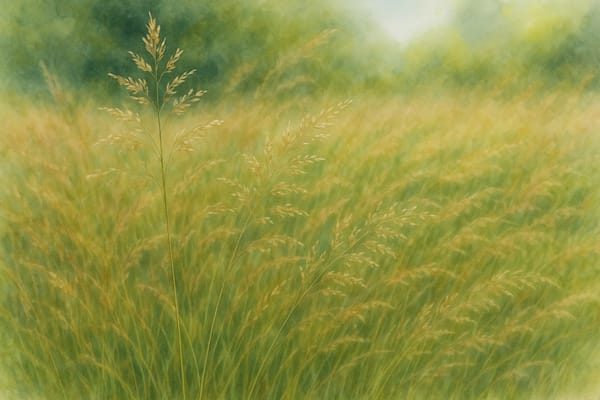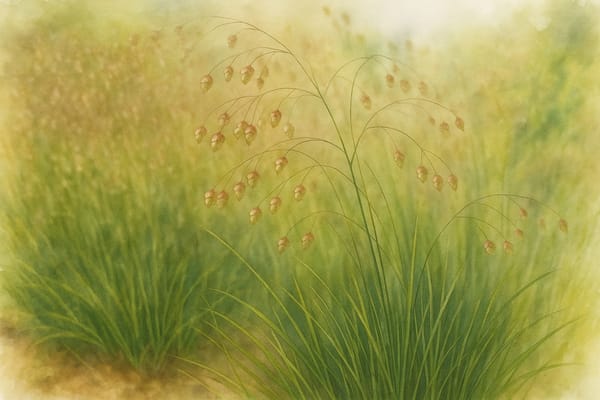A Flower of Folklore, Protection, and Healing in Cornish Tradition
Historical and Cultural Significance
Fairies, Folklore, and Superstition
In Cornish and British folklore, foxglove is known as the “Fairy’s Glove” — a plant beloved by fairies, piskies, and spirits. Picking it was thought to bring bad luck or anger the fairies. The white spots on its bell-shaped blooms were said to be fairy fingerprints.
Protection, Magic, and Warnings
Foxglove was placed in cradles or children’s shoes for protection against witchcraft. Yet bringing it indoors was believed to invite misfortune or even evil. In folklore, it balanced between being a guard against harm and a harbinger of danger.
Witches, Wise Women, and Healing
Known as "Dead Man's Bells" and "Witches' Gloves," foxglove had a place in folk remedies, especially among wise women. Despite its toxicity, it became a critical medicinal plant after Dr. William Withering’s 18th-century discovery of its heart-healing properties.
Symbolism and Myth
Foxglove symbolises riddles, secrets, and mystical protection. In Victorian flower language, it also stood for insincerity. In Cornwall, it’s tied to woodland lore, summer landscapes, and the delicate boundary between the natural and supernatural worlds.
Growing Foxglove in Coastal Gardens
| Requirement | Details |
|---|
| Light | Partial shade to full sun; best with morning sun |
| Soil | Moist, well-drained, rich in organic matter |
| Water | Keep soil consistently moist; avoid waterlogging |
| Salt Tolerance | Moderate; suitable for sheltered coastal sites |
| Hardiness | Hardy in the UK; tolerates wind and poor soils |
Care and Cultivation Tips
- Plant in dappled shade with moist, rich soil—ideal for woodland edges or borders.
- Water regularly, ensuring soil remains moist but well-drained.
- Deadhead to prolong flowering but allow some plants to self-seed for future blooms.
- Prune for air circulation to prevent mildew; monitor for aphids and pests.
- Handle with care — all parts are toxic. Wear gloves and avoid planting near children or pets.
Coastal Garden Notes
Foxglove is perfect for sheltered, semi-shaded coastal gardens, bringing height, colour, and wildlife interest. Its folklore-rich presence adds charm and historical resonance, thriving naturally in woodland edges and moist, free-draining coastal soils.
Summary
Foxglove blends Cornwall’s rich folklore with practical heritage — a plant of fairies, protection, and healing, equally revered and feared. In coastal gardens, it rewards with tall spires of blooms and a living link to Cornish superstition, woodland lore, and medicinal history.











